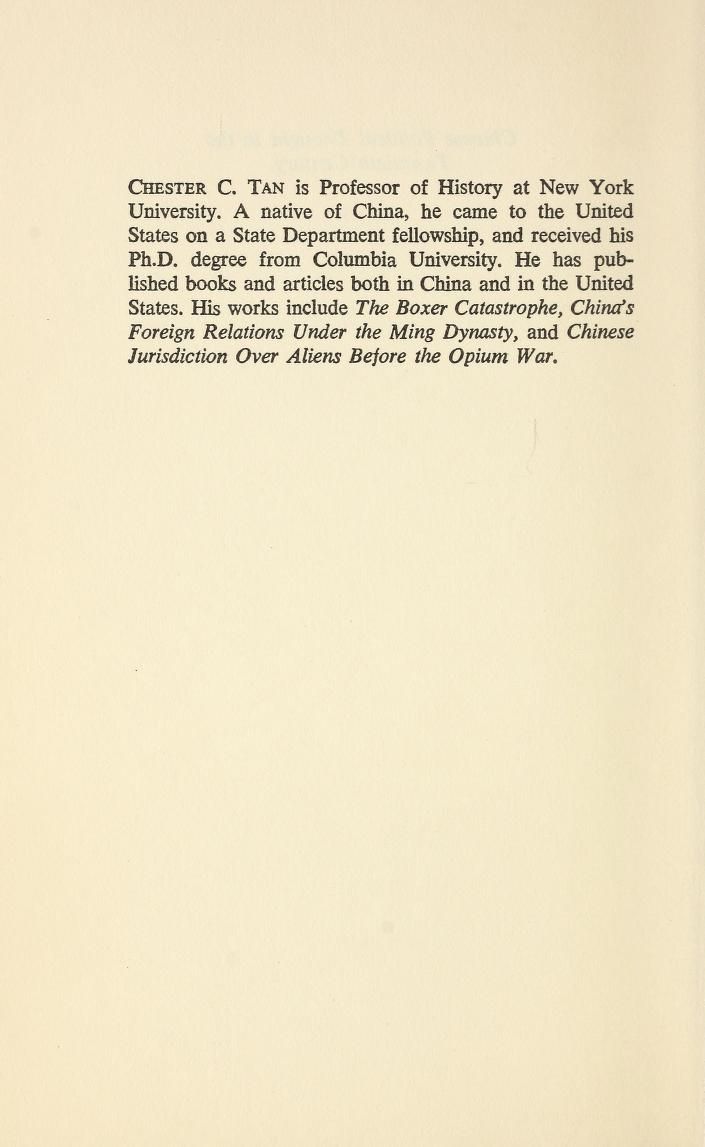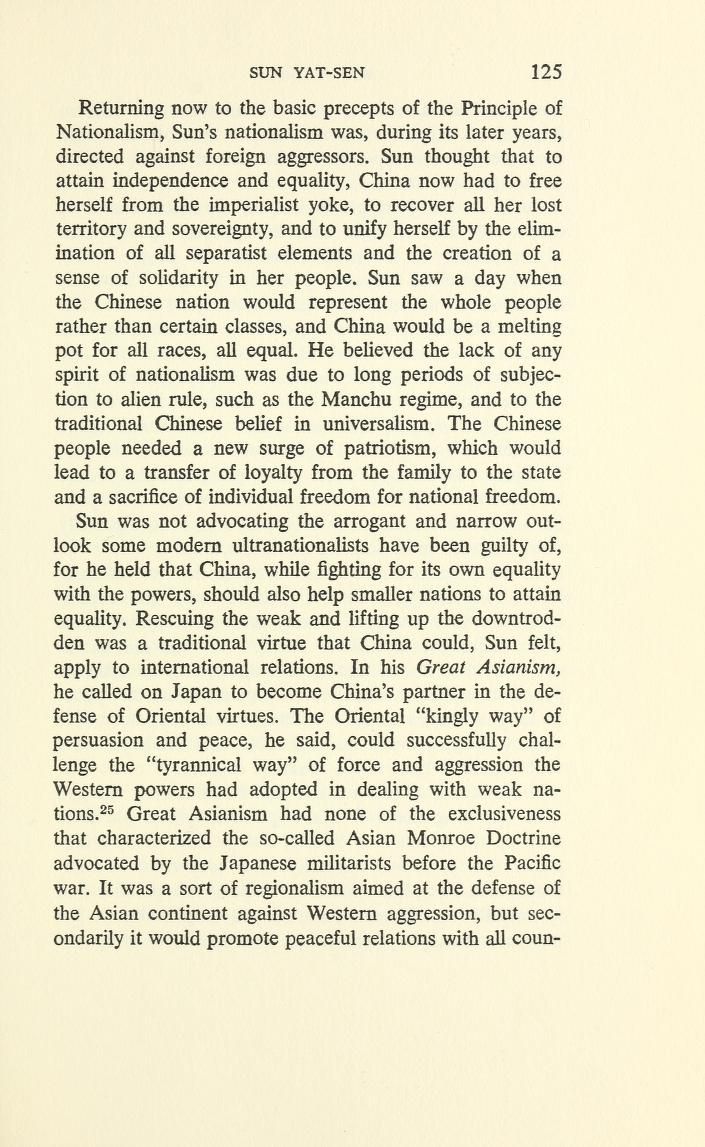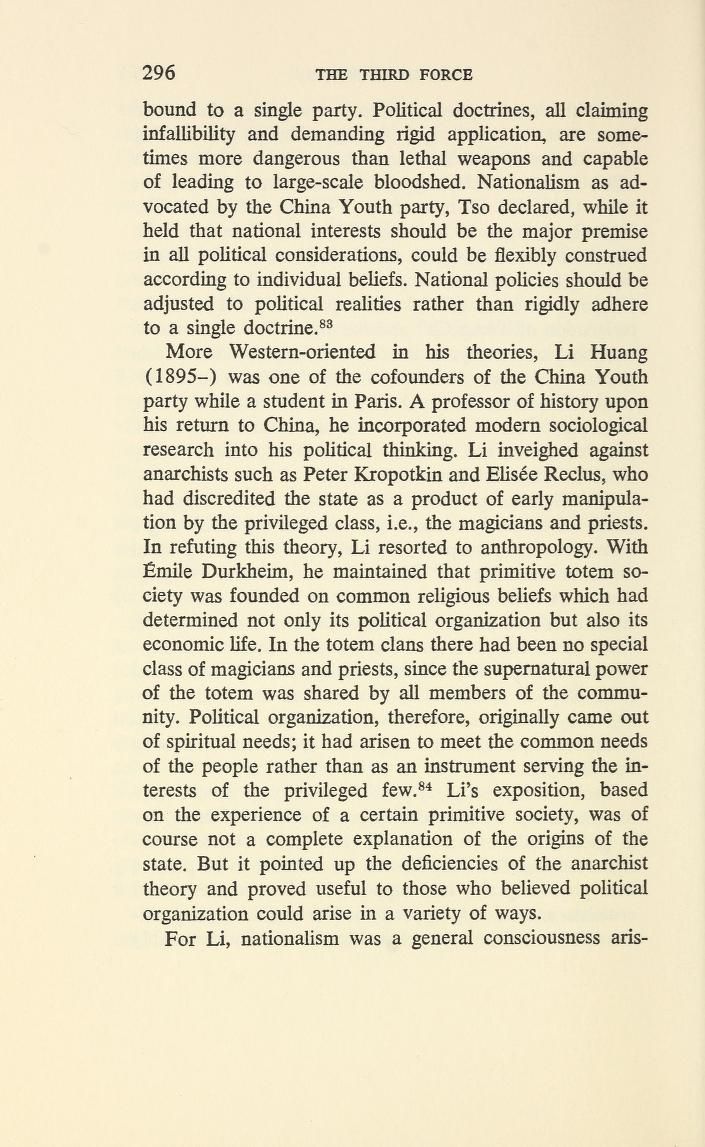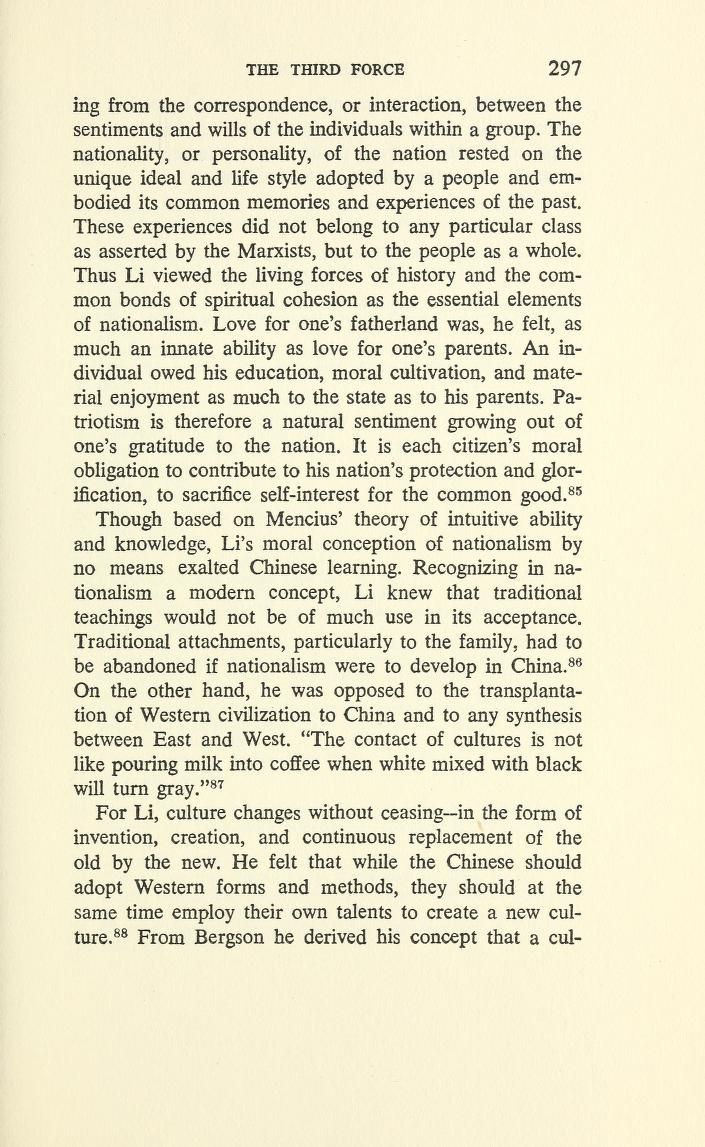
論工業社會及其未來-52
52
Suppose that a public official or a corporation executive appoints his cousin, his friend or his co- religionist to a position rather than appointing the person best qualified for the job. He has permitted personal loyalty to supersede his loyalty to the system, and that is “nepotism” or “discrimination,” both of which are terrible sins in modern society. Would-be industrial societies that have done a poor job of subordinating personal or local loyalties to loyalty to the system are usually very inefficient. (Look at Latin America.) Thus an advanced industrial society can tolerate only those small-scale communities that are emasculated, tamed and made into tools of the system. [7]
[7] A partial exception may be made for a few passive, inward-looking groups, such as the Amish, which have little effect on the wider society. Apart from these, some genuine small-scale communities do exist in America today. For instance, youth gangs and “cults.” Everyone regards them as dangerous, and so they are, because the members of these groups are loyal primarily to one another rather than to the system, hence the system cannot control them.
Or take the gypsies. The gypsies commonly get away with theft and fraud because their loyalties are such that they can always get other gypsies to give testimony that “proves” their innocence. Obviously the system would be in serious trouble if too many people belonged to such groups.
Some of the early-20th century Chinese thinkers who were concerned with modernizing China recognized the necessity breaking down small-scale social groups such as the family: “(According to Sun Yat-sen) the Chinese people needed a new surge of patriotism, which would lead to a transfer of loyalty from the family to the state.... (According to Li Huang) traditional attachments, particularly to the family had to be abandoned if nationalism were to develop in China.” (Chester C. Tan, “Chinese Political Thought in the Twentieth Century,” page 125, page 297.)
◈
52
假設高官或是企業高層任命自己的親戚、朋友或是教友於一個職位,而不是一個該工作最符合資格的人在這個位置上,他讓個人忠誠先於他對系統的忠誠,這就是「裙帶主義」或「歧視」,兩者在現代社會都是嚴重的犯罪。那些在使個人或地區的忠誠從屬於對系統的忠誠做得很差的準工業社會通常都非常沒有效率(看看拉丁美洲)。因此一個進步的工業社會只可以容忍那些被弱化的、溫順的且被系統當作工具使用的小規模社群。[7]
[7] 有一部分被動的、內向的團體可能有例外,例如對更廣泛的社會沒什麼影響的阿米希人。除了這些,有些真正小規模的社群的確存在今日的美洲。舉例來說,青年幫派和「邪教」。每個人都認為他們很危險,他們也真的很危險,因為這些群體的成員主要對彼此而非系統忠誠,因此系統不能控制他們。
或以吉普賽人為例。吉普賽人經常能從竊盜和詐騙罪中脫身,因為他們的忠誠是他們可以找到其他吉普賽人幫他們作證「證明」他們的清白。很明顯這個系統會面臨嚴重麻煩如果太多人屬於這樣的群體。
有些二十世紀初關心中國現代化的中國思想家體認到打破小規模社群,例如家庭,的必要性:「(據孫文所言)中國人需要新的愛國主義思潮,這將導致忠誠由家庭向國家轉移……(據李璜所言)中國國家主義要得到發展,就必須擺脫對傳統的依附,尤其是對家庭的依附。」(Chester C. Tan, “Chinese Political Thought in the Twentieth Century,” page 125, page 297.)
◈
這一段對現代華人讀者應該會有很奇特的迷幻感。從註腳的選文,我們得以了解原來孫文對民族主義有如此見解。略讀這本 Chester C. Tan 寫關於二十世紀中國政治思想的書寫得非常精彩,光是稍讀李璜在巴黎是如何以人類學角度來反對無政府主義者就可以感受到那段時間的人們確實受在政治哲學的實踐思考上已經到了非常深的地步,絕非粗鄙攏統的歷史教科書嘗試想塑造的那種形象。有兩個我很好奇的問題,其一是為什麼 Kaczynski 會閱讀這本書?還有就是,Chester C. Tan 是誰?從作者簡介(見附件圖)可知他是中國人(其實從他對孫文和李璜的描寫亦可知,那不是普通西方框架下的白人學究可能達成的),但我完全找不到他的中文名字。
這幾段 Kaczynski 對科技-工業系統的集體主義有精巧的論述。有趣的是從文本可知只要超過一定大小的群體就成為了集體主義的團體(可參考之前的段落,當一個團體太大以至於個人在團體中的意見變得無關緊要這種標準)。李璜身為民族主義的擁護者,他的模型和馬列主義或無政府主義顯然是對立的,但國家主義本質上和社會主義哲學下必然的國際主義都是集體主義的,所以兩者都是 Kaczynski 批判的對象。




Chinese Political Thought in the Twentieth Century © 1971 by Chester C. Tan
喜欢我的文章吗?
别忘了给点支持与赞赏,让我知道创作的路上有你陪伴。
发布评论…